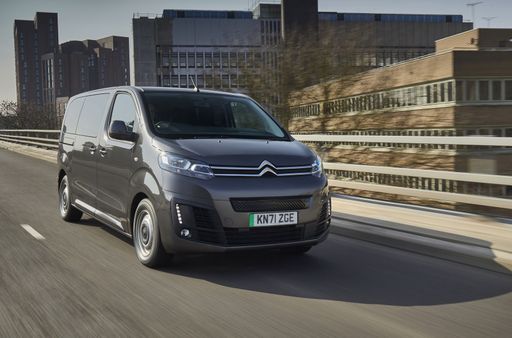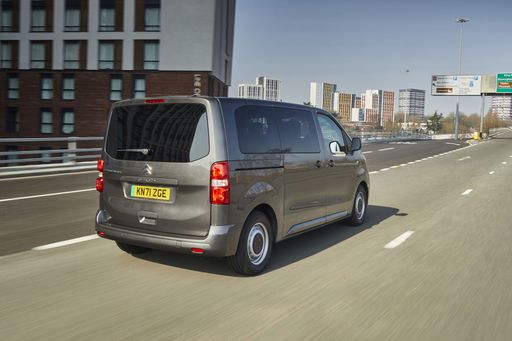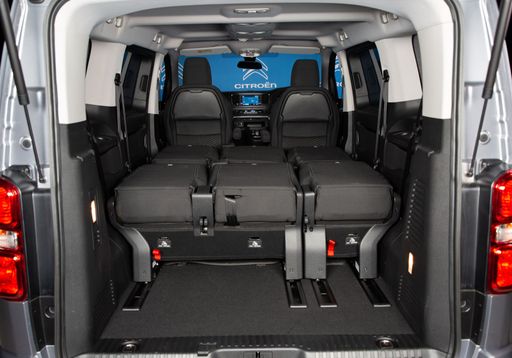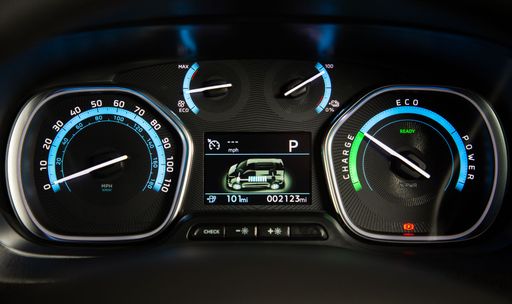The Road Warriors: Citroen Spacetourer vs. VW Transporter Bus
In the thriving market of multi-purpose vehicles (MPVs), the Citroen Spacetourer and VW Transporter Bus have carved out a niche with their practical designs and innovative technologies. Both models exude versatility and comfort, but how do they compare in terms of technical specifications and cutting-edge features?





